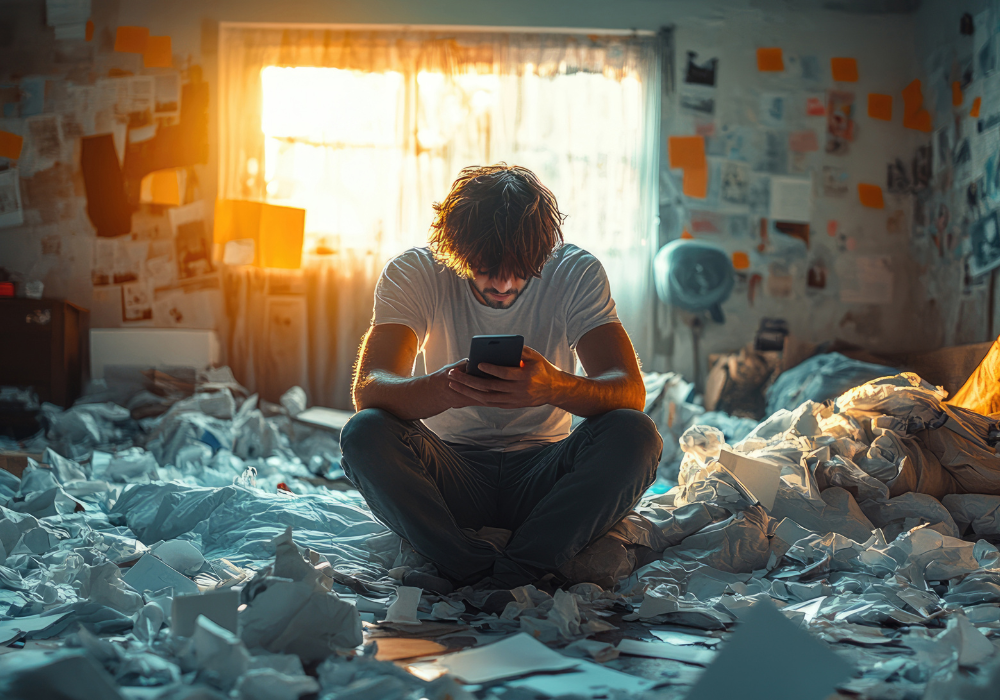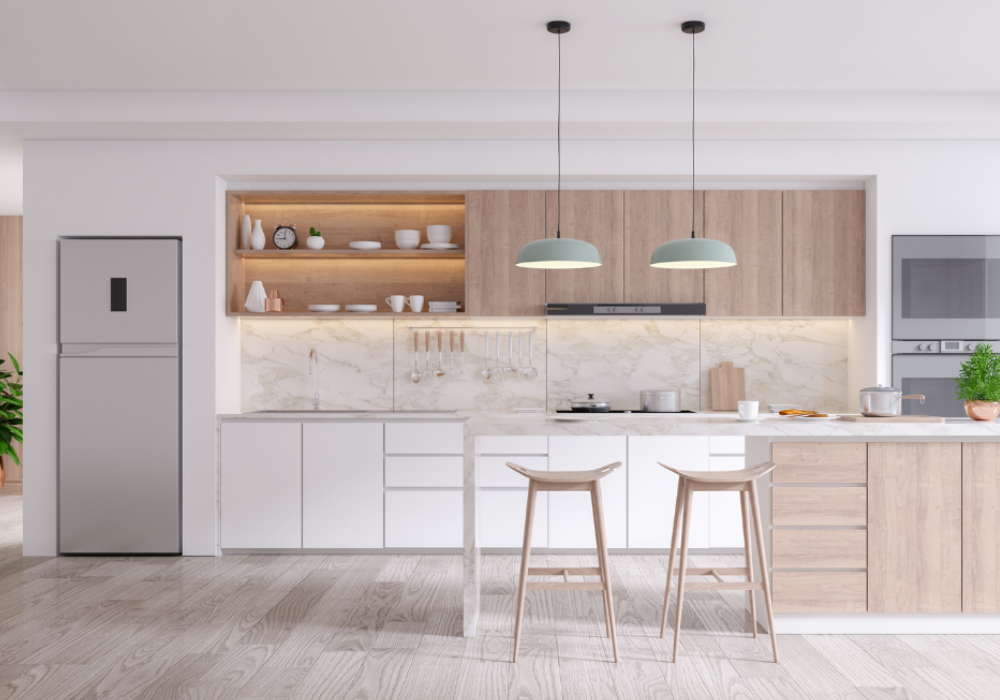How slow, subtle clutter buildup can shrink your living space—and what to do to reclaim it.

You don’t need to knock down walls for your home to feel bigger—sometimes the real culprit is “clutter creep.” It’s the slow, almost invisible buildup of stuff that crowds your space until one day you realize your home feels tighter, messier, and less relaxing.
Clutter creep doesn’t happen overnight. A few unopened mail piles here, a couple of “I’ll deal with it later” purchases there, and suddenly every surface is occupied. The good news? Once you spot the signs, you can take action to reclaim your space, your comfort, and your peace of mind.









